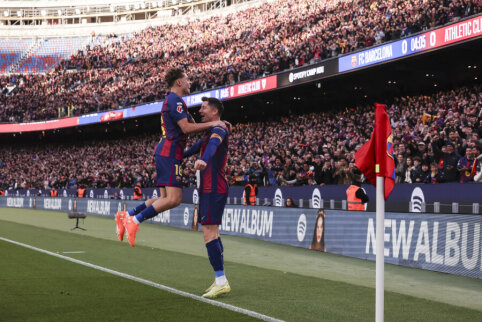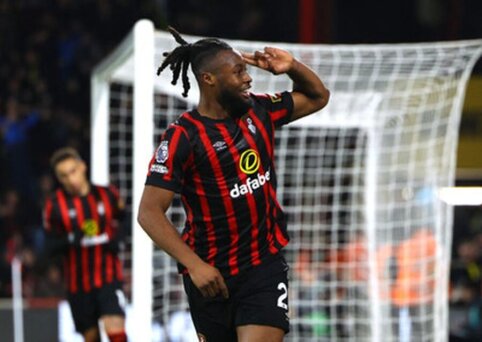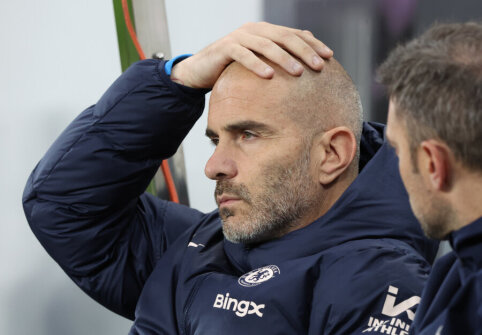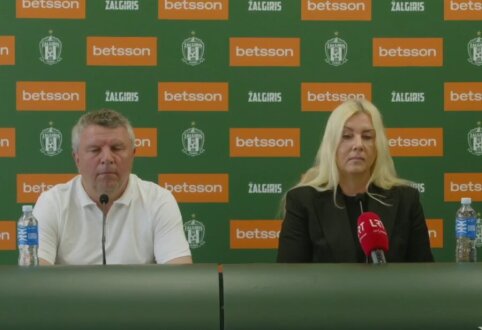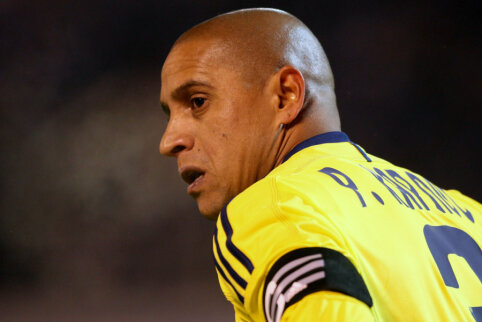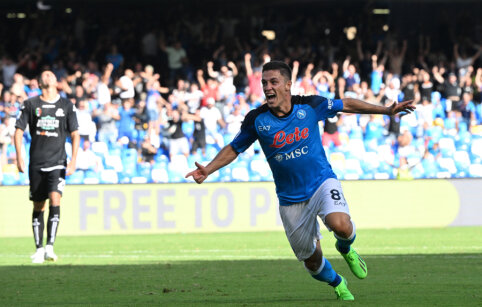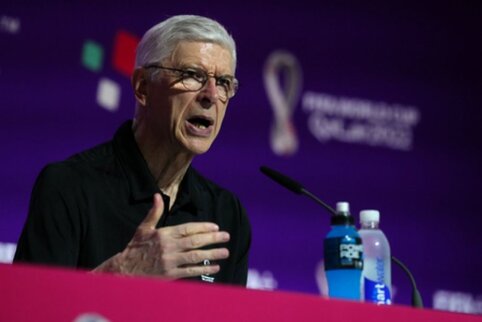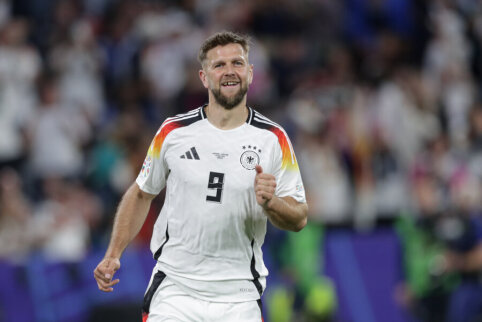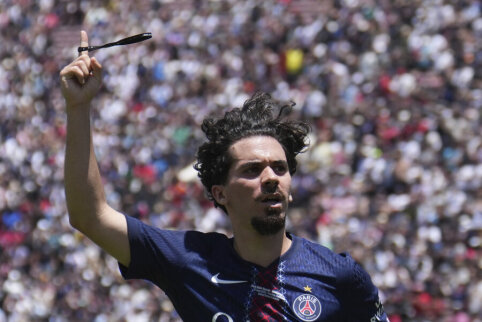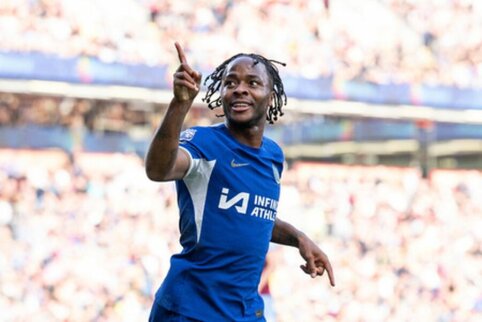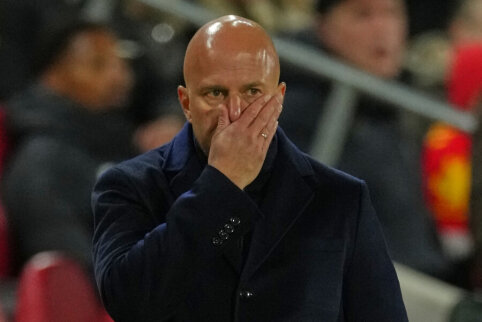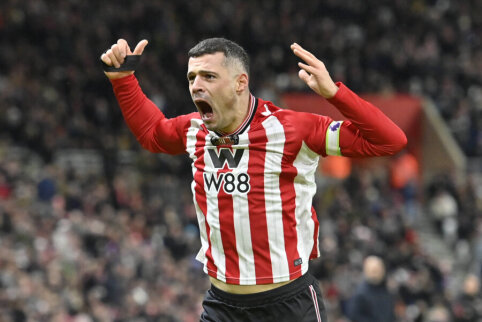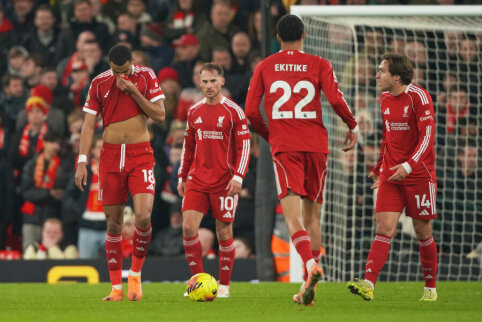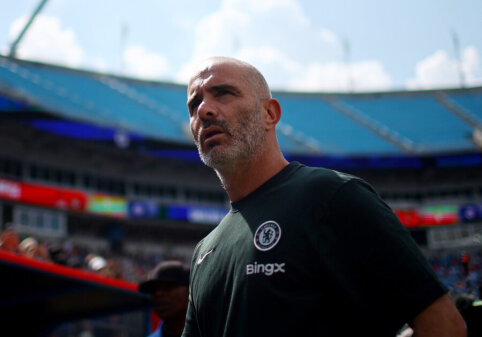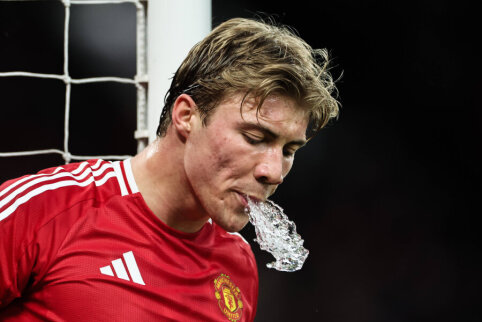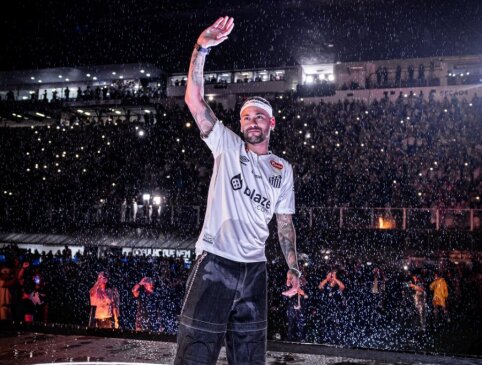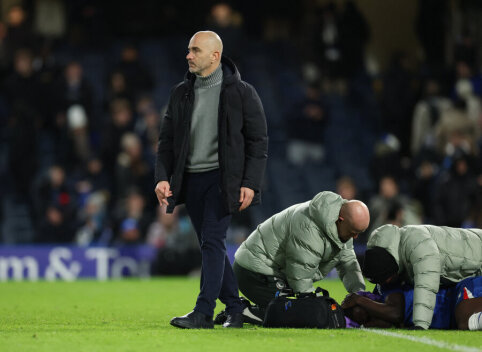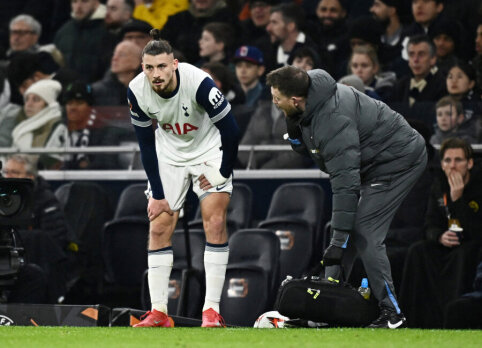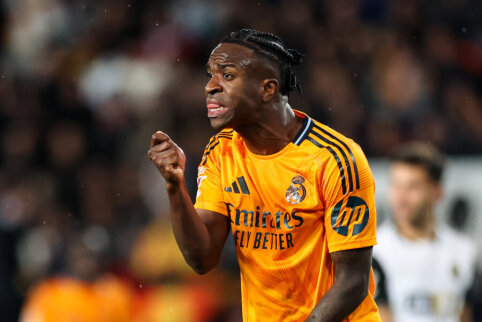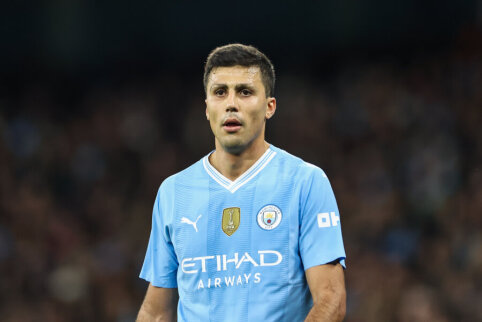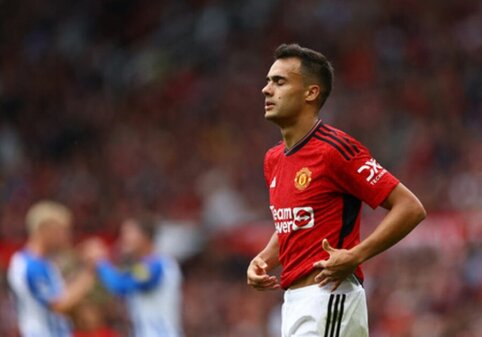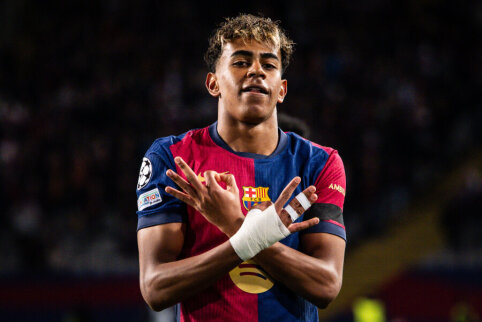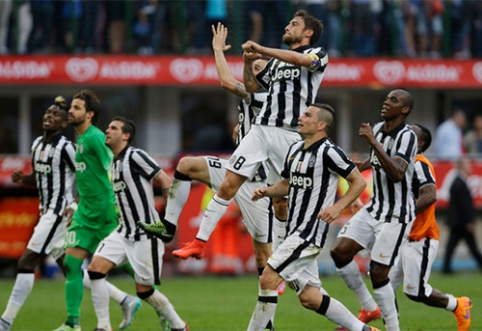
"Juventus" club reached the UEFA Champions League final for the first time since 2003 and became the first Italian team to reach this stage of the tournament since 2010, when the trophies were raised by the "Inter" legend Javier Zanetti. At the same time, in the UEFA Europa League, excellent performances were displayed by the "Napoli" and "Fiorentina" teams, both reaching the semi-finals. The 2014-15 season is one of the most successful for Italian club football in the last decade, but does it mean the revival of calcio? Degree of decline The year 2003 was perhaps the peak of Italian club football in the last 20 years. In the Champions League semi-finals, "Milan", "Inter", and "Juventus" played, with only the Madrid "Real" star-studded team managing to advance, falling to that same "Juventus" in the semi-finals. A few years later came the "Calciopoli" scandal, from which "Juventus" suffered severely and Italian front in the Champions League was mainly held by "Milan", who won the trophy in 2007. This achievement was impressively repeated in 2010 by the "Inter", who then faced years of decline. "Juventus" returned to the top in Italy, but their success remained limited to the domestic front. Until this year. Does "Juve" fall out of the context of European giants? The "Juventus" team of the 2014-15 season was underrated. Oddly enough, even their qualification for the Champions League final did not inject adequacy. The semi-final against Madrid "Real" was depicted as follows - "Real" is a giant, while "Juve" is an obvious underdog, who, under the right circumstances, may take a bite, but ultimately will fall to a much stronger opponent. This attitude remained unchanged even after the semi-final - the relatively small "Juventus" was undervalued against the great "Real". This strange undervaluation of "Juventus" was most likely a consequence of poor recent results in the Champions League. While still led by Antonio Conte, the "zebras" left no hope for their opponents in the "Serie A" championship, but in the Champions League, they struggled and stumbled from the very beginning. "Juventus" fans, disappointed by the poor European results, occasionally directed their anger towards A. Conte, criticizing him for tactical inflexibility, but, understandably, there was no significant dissatisfaction. After all, A. Conte was the man who brought the club back to the top of Italian football, and besides that, he was beloved by the supporters for 13 years, which he spent in Turin as a player. But the situation changed last summer, when A. Conte unexpectedly stepped down from the coaching position. The fans were not too happy, as the new coach became Massimiliano Allegri - far from the most popular choice. Probably nine out of ten "Juventus" fans would not agree to reverse the situation after ten months. Under M. Allegri, "Juventus" became a different team. First of all, he rearranged the team tactically and abandoned the three defender system, preferred by A. Conte, and with the acquisition of Patrice Evra, switched to a four defender tactic. Gathering all the stars in the center, the new team coach eventually switched to a 4-3-1-2 formation as a standard. However, at the same time, M. Allegri maintained tactical flexibility - something that A. Conte's teams lacked. If the situation requires it, "Juventus" easily switches to a three or five defender tactics without any problems. If attacking is needed, then attacking wing players appear. "Juventus" has top-level players. The success in this season's Champions League is more of a realization of their potential rather than a sudden rise. "Juventus" has one of the best goalkeepers of all time, a defensive quartet at their career peak, a full star in midfield, and up front they field arguably the best football played in his career, and a player like Carlos Tevez who has overcome character problems, and finally the revealed Alvaro Morata. This year, "Juventus" is a two-headed monster in the European context. The key word in this phrase is two-headed - this team plays well not only while defending and counterattacking but also when pressing and dominating against opponents. Removing "Real" from the Champions League is no surprise. "ItalJuve" Another often forgotten fact - "Juventus" players are the backbone of the Italian national team. The team is often nicknamed "ItalJuve", which accurately reflects the influence of the Turin team on the national team. It is not surprising that often five, six, or even seven "Juventus" players make the starting lineup of the Italian national team. The success of the "Azzurri," apart from the disappointment of last year's World Cup, makes such a dominance of one team in the national team even more impressive. The players from Turin form the basis of a team that reached the European Championship final in 2012 and finished third in the 2013 Confederations Cup. Along the way to these achievements, there were impressive matches. Led by "Juventus" players, the Italian national team provided an excellent football lesson to the English in the quarter-finals of the European Championship and shattered the German hopes of conquering Europe in the semi-finals. The same Germans who, two years later with a slightly changed composition, became world champions. In the Confederations Cup semi-final, "ItalJuve" showed better football for 120 minutes than the world and European champions, the Spaniards, but failed to convert the advantage into goals and had to say goodbye to the trophy after an 11-meter penalty shootout. Will they be able to maintain the top spot? The problem is only one - how to stay at such a level for a long time? The reality is that "Juventus", although a team on a stable financial rise, is far from as wealthy as "Barcelona", "Bayern", or "Real", and finances are undoubtedly one of the biggest indicators of a football club's status. Madrid's "Real" will most likely part ways with Carlo Ancelotti this summer after a very unsuccessful season, and significant changes should be expected in the team's lineup. It is quite likely that "Juventus" club director Giuseppe Marotta will receive many calls from Madrid. In the next two years, "Real" could easily re-sign A. Morata when they desire, thanks to the conditions in his contract. "Real" would probably have no trouble doubling or even tripling the salaries of Paul Pogba or Arturo Vidal, players who would significantly strengthen the team. Could "Juventus" offer the same? Doubtful. It would probably require breaking the club's salary structure. A greater threat to "Juventus" comes from England. The new "Premier League" TV deal, which will come into effect from the 2016-17 season, will further increase the income of the country's clubs, so clubs like "Arsenal", "Chelsea", "Manchester City", or "Manchester United" will have even more money in the transfer market than they have now. So even though the financial condition of "Juventus" is improving, it is likely that the financial gap between them and the giants of the "Premier League" will increase even further from 2016. The increased financial power of English clubs will likely lead to another wave of inflation in player prices and wages. We can have no doubt that Madrid's "Real" will have enough resources to ride along with this expected wave. The same will probably be true for "Barcelona" and "Bayern". As for "Juventus"? Let's say this - keeping up with the pace will be very difficult for them."
Paulius Viluckas, 15min.lt
